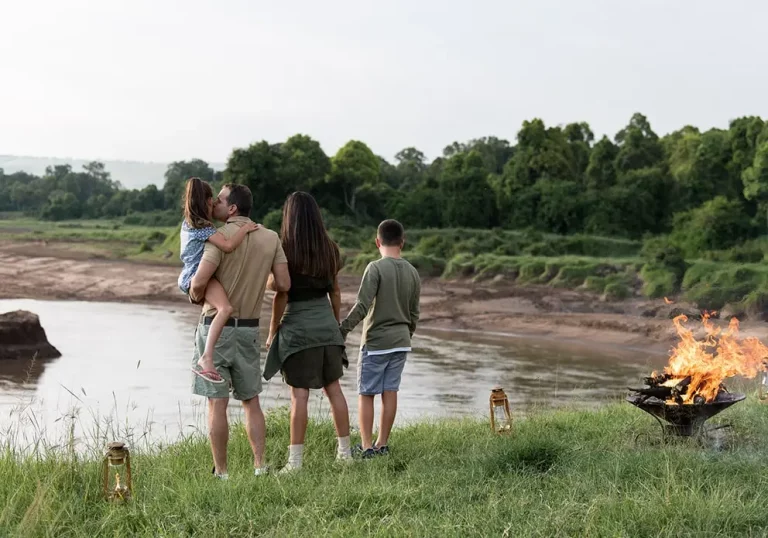Kruger National Park Safari: A Guide to Africa's Greatest
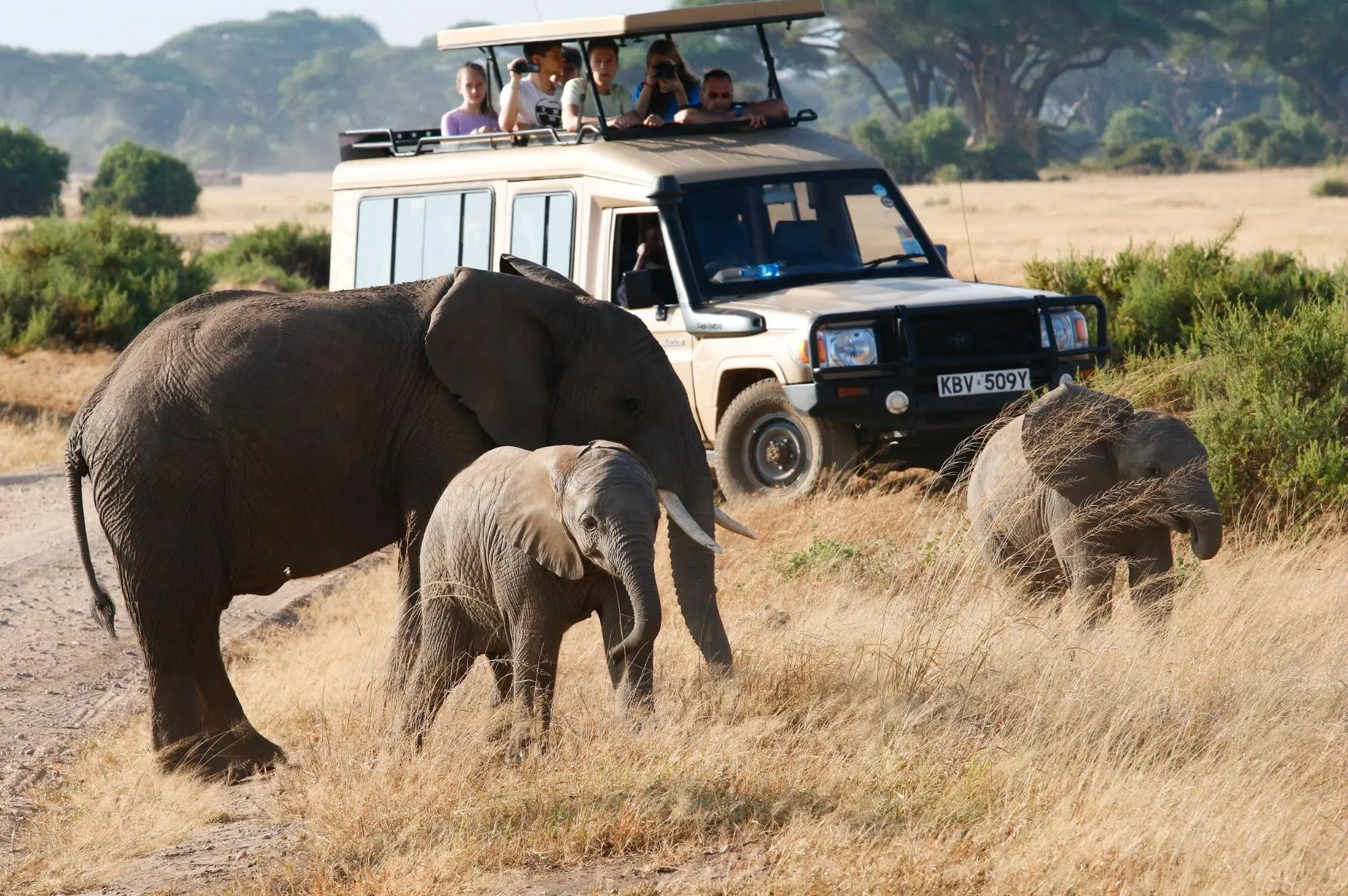
Renowned for its diverse ecosystems, stunning landscapes, and incredible wildlife, a Kruger National Park safari is a must-visit destination for any traveler. In this comprehensive guide, we’ll explore everything you need to know to plan your perfect Kruger National Park safari, from choosing the right accommodation to discovering the park’s hidden gems and thrilling activities.
But first…
Here’s Where to contact Us to Book Your Safari
To book a safari with us call or Whatsapp us at +254-704-532-105 or +254-719-222-430. You can also send us an email at safarioffers@kenyaluxurysafari.co.uk, safarioffers@ajkenyasafaris.com, or james@ajkenyasafaris.com
And Here are 5 of out Most Booked Safaris
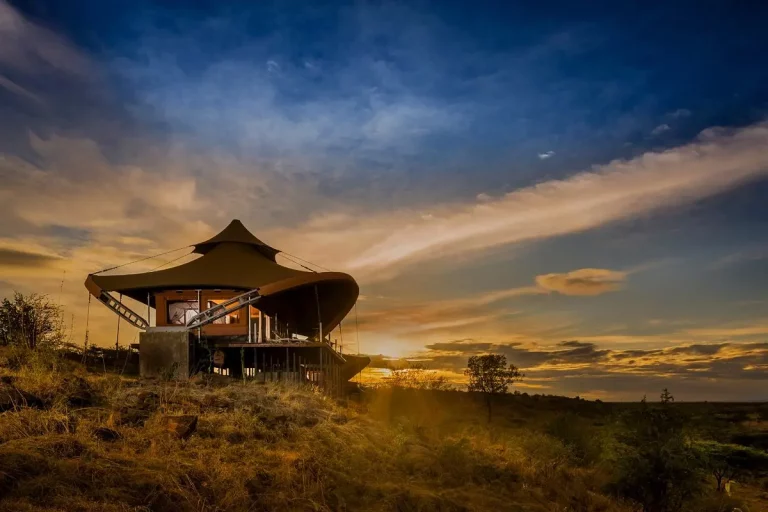
The Classic, 10-Day, 9-Night Family Safari in Kenya
From £2495 Per Adult
From £1310 Per Child
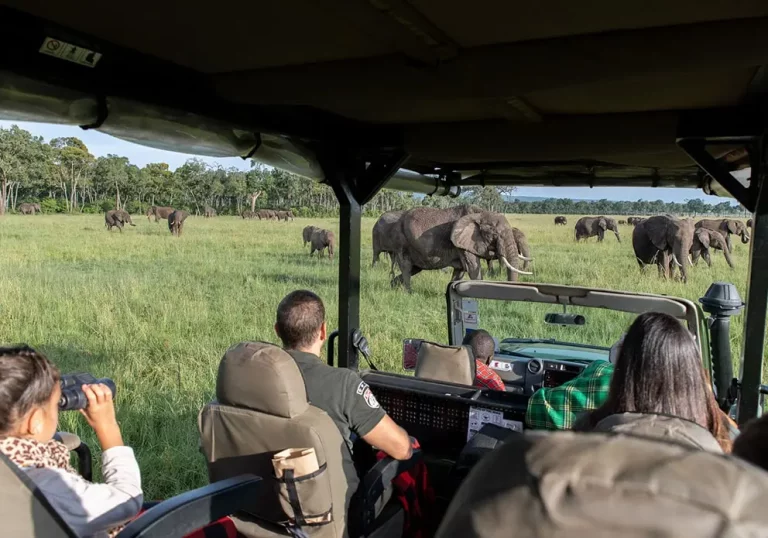
The Magical, 4-Day, 3-Night L. Nakuru & Masai Mara Safari
From £959
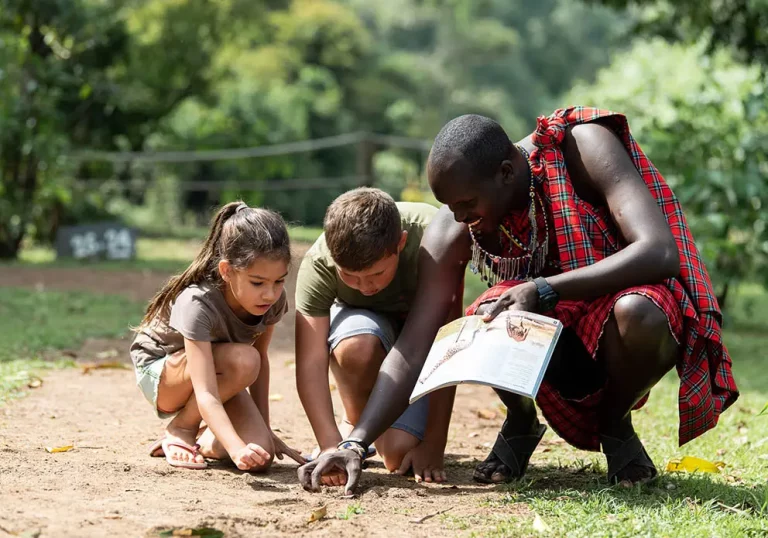
The Luxury, 5-Day, 4-Night L. Naivasha, L. Nakuru, & Masai Mara Safari
From £1359
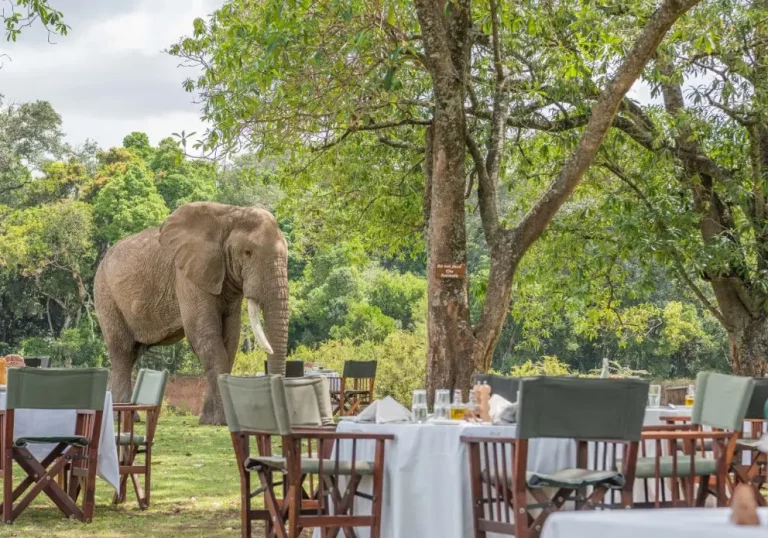
The Super, 5-Day, 4-Night Nairobi & Masai Mara Safari
From £1134
Key Takeaways
- Plan your safari in Kruger National Park with the right timing and tour operator for an exceptional experience.
- Explore a variety of safaris, including guided game drives, walking tours and bird watching.
- Enjoy luxury lodges or budget campsites while observing the park’s diverse ecosystems & wildlife plus cultural experiences beyond traditional safaris!
Planning Your Kruger National Park Safari
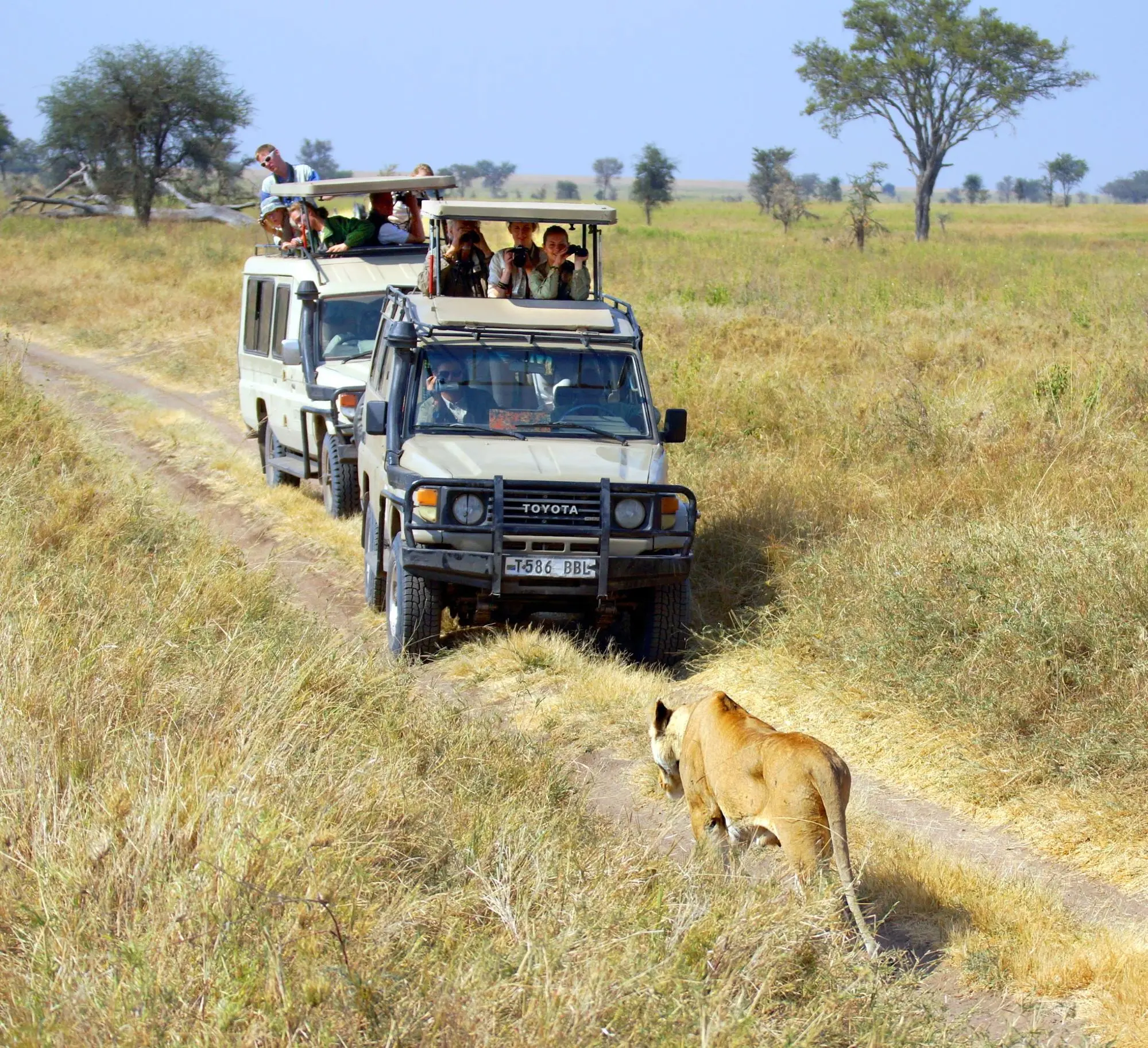
Kruger, one of Africa’s largest game reserves, is a haven for wildlife enthusiasts, birdwatchers, and nature lovers alike. The park spans two million hectares and is home to insane wildlife varieties including over 147 mammal species, 114 reptile species, 49 fish species, and over 500 bird species.
When planning full-day Kruger Park safaris, bear in mind that the timing can significantly affect the quality of your wildlife sightings and overall experience. The morning or the afternoon is the most suitable time to visit Kruger, with early morning being especially popular for wildlife sightings. To make the most of your visit, consider opting for a guided game drive or walking safari, as this ensures that you have the best chance to spot the Big Five and other iconic species.
When it comes to choosing a tour operator for your Kruger Park safari, consider companies like Kurt Safari. Here are some reasons why:
- They are a SATSA-accredited company, ensuring high standards and professionalism.
- They offer a range of Kruger safari tours, including stays at luxury safari lodges.
- They provide guided game drives using open safari vehicles for an immersive wildlife experience.
With a little planning, your full-day Kruger Park safari will be a once-in-a-lifetime adventure.
Types of Safari Experiences in Kruger National Park
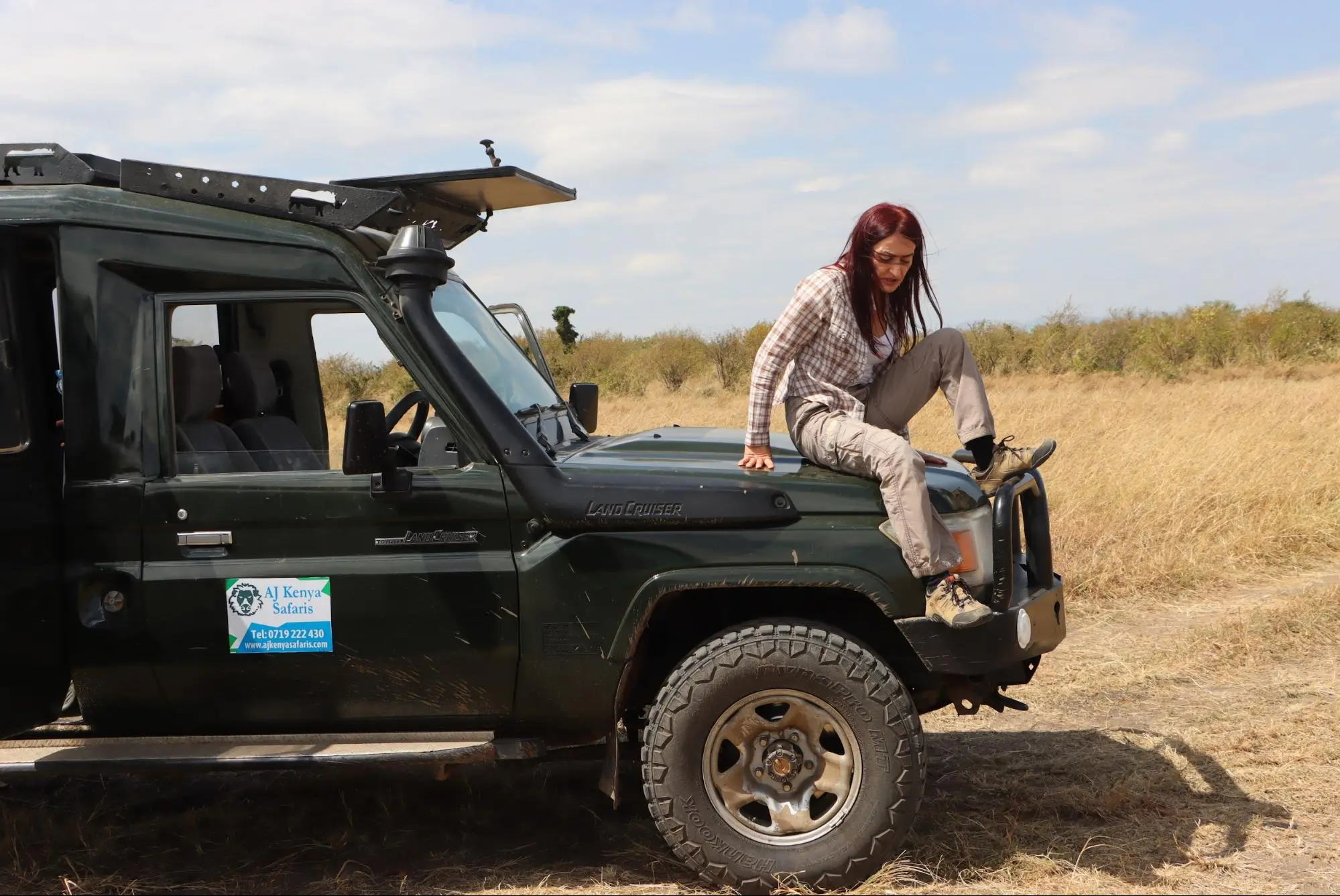
In Kruger National Park, there’s a safari experience to suit every taste and preference, whether you’re a seasoned adventurer or a first-time visitor.
The subsequent sections will explore the array of safari experiences available in Kruger, which include guided game drives, walking safaris, and bird-watching tours.
Guided Game Drives
There’s truly isn’t a better, more magical way to experience Kruger than on a guided game drives. The experience is exceptionally remarkable, one that fully immerses you in the sights and sounds of the African wilderness.
And they are a few benefits of doing this with a guide rather than doing it solo. For one, you get the benefit of expert knowledge from experienced guides. This way, you’ll have the best chance of spotting these iconic species:
- Lions
- Leopards
- Elephants
- Rhinos
- Buffalos
Furthermore, the enhanced safety provided on a guided game drive allows for a more relaxed and enjoyable experience.
Walking Safaris
For those looking for a more intimate and immersive wildlife experience, a walking Kruger safari tour may be just the ticket. Accompanied by expert field guides and trackers, you’ll venture into the park’s varied ecosystems, getting up close and personal with the wildlife that calls Kruger home. Walking safaris also provide a unique opportunity to learn about the park’s flora and fauna and feel part of the action.
P.S. Walking safaris are particularly advantageous for exploring Far North Kruger, an area renowned for its pristine, untouched wilderness and remarkable birding. Home to several rare and endangered species, including the rare knocking sand frog and a variety of endemic bats, Far North Kruger offers a truly unique and unforgettable safari experience.
Bird Watching Tours
Kruger National Park is a paradise for birdwatchers, boasting over 500 bird species within its borders. Specialized bird-watching tours, led by experienced guides, provide the perfect opportunity to observe the park’s varied avifauna in their natural habitat.
From the vibrant lilac-breasted roller to the elusive Pel’s fishing owl, Kruger offers a wealth of birding opportunities for both novice and experienced birdwatchers alike.
Kruger National Park Accommodations
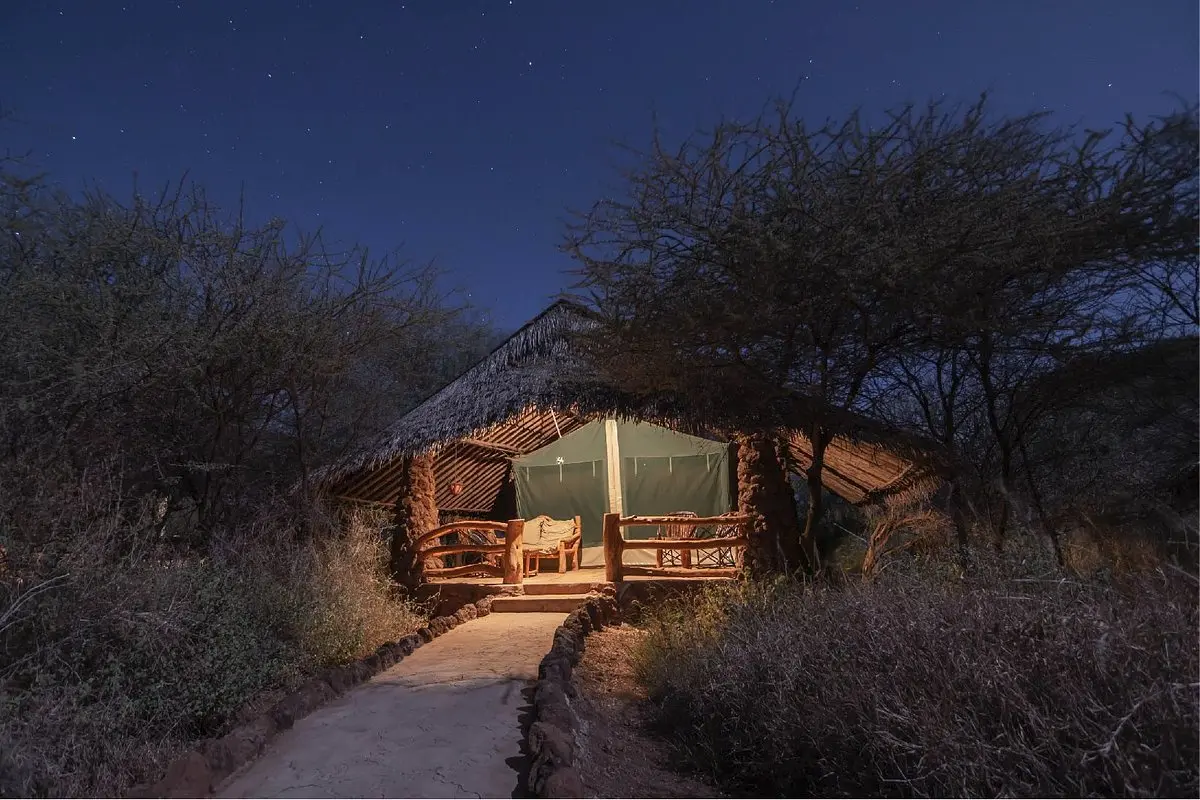
After a day filled with adventure and wildlife spotting, a comfortable place to rest and recharge becomes a necessity. Kruger offers a range of accommodation options to suit every budget and preference, including:
- Budget-friendly campsites
- Self-catering chalets
- Rest camps with various amenities
- Private lodges with luxurious amenities
The upcoming sections will present an overview of the variety of accommodations available to help you find the ideal base for your Kruger safari experience.
Budget-Friendly Campsites
For budget-conscious travelers, Kruger National Park offers a variety of budget-friendly campsites that provide an affordable and comfortable base for exploring the park. Berg en Dal and Balule are excellent examples of tranquil campsites, ideal for those seeking a more rustic and authentic safari experience.
In addition to these campsites, there are several other cost-effective options in and around the park, such as Crocodile Bridge Safari Lodge, Mdluli Safari Lodge, and Numbi Caravan Park. These affordable accommodations allow you to experience the beauty and excitement of Kruger National Park without breaking the bank.
Luxury Lodges
For those seeking a more indulgent and luxurious safari experience, Kruger National Park is home to a variety of high-end lodges. These lodges offer world-class facilities and exclusive wildlife encounters.
Some of the most luxurious lodges in the park include Singita Lebombo Lodge, Lion Sands Ivory Lodge, and Sabi Sabi Earth Lodge. Each of these lodges provides guests with private plunge pools, air-conditioned suites, and gourmet meals.
In addition to lavish accommodations, luxury lodges in Kruger National Park offer exclusive wildlife encounters such as night game drives, guided bush walks, and private game viewing decks. These unique experiences provide you with an unparalleled opportunity to connect with the park’s wildlife and immerse yourself in the beauty of the African wilderness.
Exploring Kruger National Park’s Diverse Ecosystems
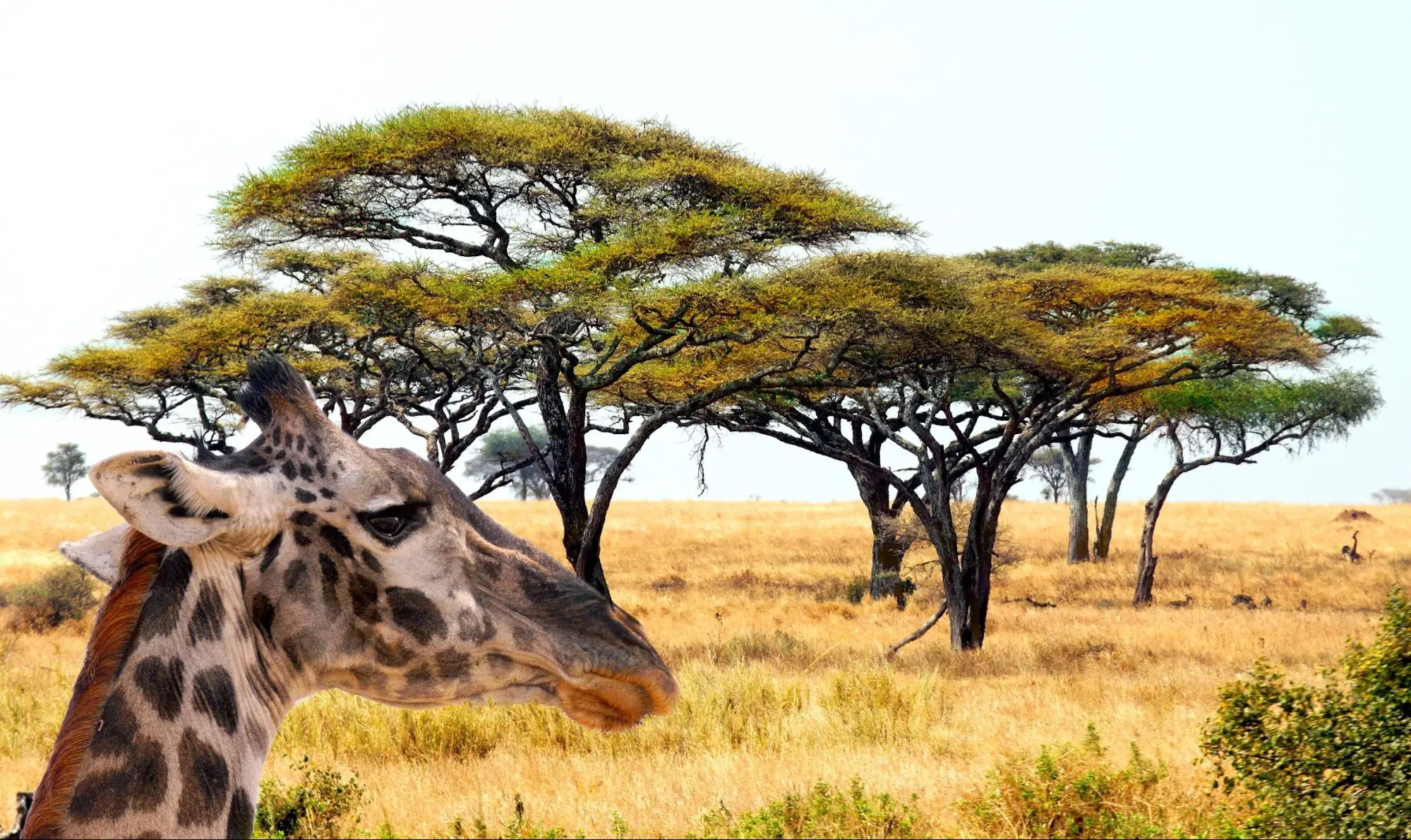
Kruger National Park is home to a remarkable array of ecosystems, each supporting unique flora and fauna. These habitats range from lush riverine forests and bush velds to semi-arid landscapes and red-bush willows.
In this section, we reveal the unique ecosystems within Kruger Park and the diverse wildlife they host.
First things first, the park is divided into four distinct areas based on flora:
- Thorn trees and red bush-willow veld
- Knob thorn and marula veld
- Red bush-willow and mopane velds
- Shrub mopane veld
In the thorn trees and red bush-willow velds, you’ll discover wildlife such as zebras, wildebeest, kudu, buffalo, and wild dogs.
The knob thorns are favored by herbivores such as reedbucks and kudu and predators like lions and spotted hyenas while the shrub mopane veld you’ll find smaller animals like squirrels and mossels.
In addition to the park’s main ecosystems, Kruger National Park also encompasses:
- The Vhembe Biosphere Reserve, a UNESCO-recognized area that includes the northern portion of the park
- Mapungubwe National Park
- Various provincial nature reserves
Wildlife Spotting in Kruger National Park
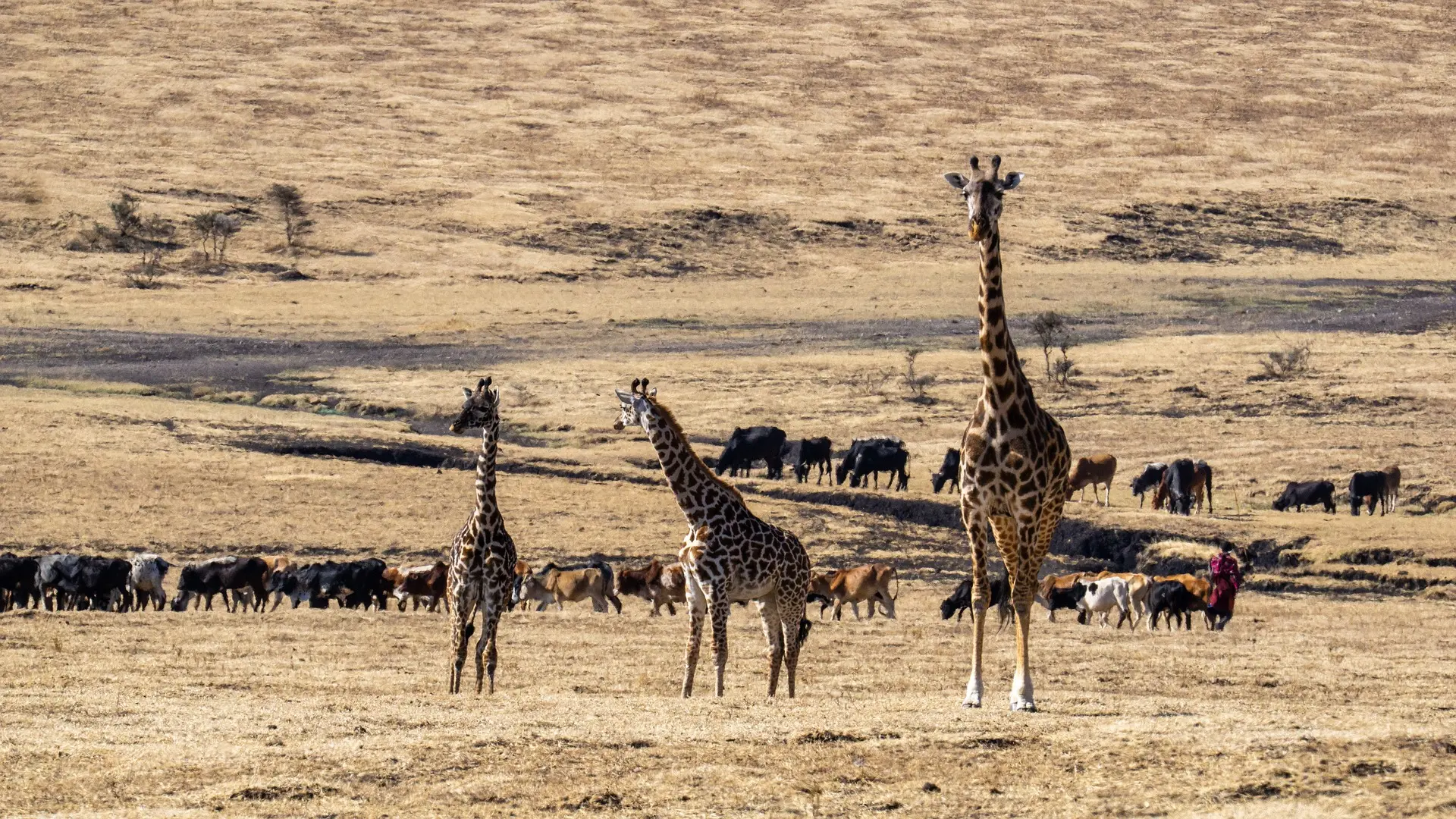
One of the main draws of Kruger National Park is, of course, its incredible wildlife. Home to the Big 5, more than 140 mammal species, and over 500 bird species, the park offers unparalleled opportunities for wildlife spotting. In this section, we discuss the varied wildlife found in Kruger National Park.
The Big 5: Coined by hunters to refer to 5 of the animals that were most difficult and dangerous to hunt on foot, the Big Five is an iconic quintet that includes the lion, leopard, elephant, rhino, and buffalo. These five creatures are undoubtedly the star attractions of Kruger and the fact that the park hosts all of them is one of the reasons it is the most visited in Africa.
Predators: Kruger is home to an insane amount of predators. This includes over 1600 lions, 427 adult cheetahs, 400 wild dogs, between 27,000 and 47,000 hyenas, and approximately 1000 leopards.
Birds: Kruger is also a birder’s paradise, with over 500 bird species recorded within its boundaries. Some of the notable bird species found in the park include:
- Southern Ground Hornbill
- Pel’s Fishing Owl
- Lilac-breasted Roller
- African Fish Eagle
- Martial Eagle
The park is also home to a wealth of other fascinating species, including giraffes, zebras, wildebeest, hippos, waterbuck, and a multitude of antelope species such as impala, kudu, and eland.
Conservation Efforts in Kruger National Park
Conservation is a critical aspect of Kruger National Park’s mission, ensuring the protection and preservation of its unique ecosystems and wildlife for future generations.
This section will examine the park’s diverse conservation efforts, which include anti-poaching initiatives and habitat preservation.
Kruger National Park has implemented several measures to combat poaching, including deploying anti-poaching units equipped with night vision technology and advanced telescopes. Game rangers, police, and the army are also involved in efforts to prevent poaching and protect the park’s valuable wildlife resources.
In addition to anti-poaching initiatives, the park is also focused on:
- Habitat restoration
- Lion conservation
- Fundraising for conservation
- Expansion of the park
By understanding and supporting these vital conservation efforts, visitors can help ensure the continued survival of Kruger National Park’s incredible wildlife and habitats.
Practical Information for Kruger National Park Visitors
Before setting off on your Kruger National Park adventure, having some practical information at your fingertips is crucial for a smooth and pleasant experience.
In this section, we’ll provide key information on visa requirements, safety tips, and transportation options for visitors to the park.
Visiting South Africa requires a valid passport, with at least 30 days remaining from the date of exit and two blank pages for entry and exit stamps. Be sure to check the specific visa requirements for your country before traveling. It’s also important to note that Kruger Park is situated in a malaria region, so taking appropriate precautions and being aware of the symptoms is essential for a safe and healthy visit.
Also, When planning your trip to Kruger National Park, consider flying into Skukuza or Hoedspruit airports, both of which provide convenient access to the park.
Upon arrival at the park, you will pay entry fees at the gate. These fees vary depending on your nationality and age. With this practical information in mind, you’ll be well-prepared for an unforgettable Kruger National Park safari experience.
Cultural Experiences in and Around Kruger National Park
In addition to its incredible wildlife and landscapes, the region surrounding Kruger National Park is also rich in cultural heritage. From historical sites and local communities to traditional arts and crafts, there’s a wealth of cultural experiences to discover in and around the park.
This section will highlight some of the most significant cultural experiences in the area.
The history of Southern Kruger is particularly fascinating, serving as:
- The gateway to the port of Lourenço Marques (now Mozambique) for ancient traders
- The birthplace of Kruger’s famous dog, Jock of the Bushveld
- The Vhembe Biosphere Reserve, which encompasses part of Kruger National Park
- Home to the Mapungubwe National Park and World Heritage site, featuring numerous historical sites and artifacts.
For a truly immersive cultural experience, consider visiting the Kruger Cultural Village, a living museum that showcases the traditional culture of the local communities in and around the park. Visitors can gain insight into the history and culture of the region through interactive displays, traditional music and dance performances, and craft demonstrations. By engaging with the rich cultural heritage of the region, visitors can gain a deeper appreciation for the unique and diverse nature of Kruger National Park.
Family-Friendly Activities in Kruger National Park

Kruger National Park is a fantastic destination for families, with a range of activities and experiences suitable for travelers of all ages.
This section will highlight a selection of the best family-friendly activities during park safaris.
Game drives at Phalaborwa Gate are a great way for families to observe the park’s abundant wildlife and scenery together, while the Tshokwane Picnic Site provides the perfect spot for a leisurely family picnic. Also, guided bush walks offer a more immersive experience, allowing families to learn about the park’s flora and fauna while exploring its diverse ecosystems on foot.
With so many family-friendly activities available, Kruger National Park is one of the best destinations for unforgettable family adventures.
Adventure Activities Beyond Safaris
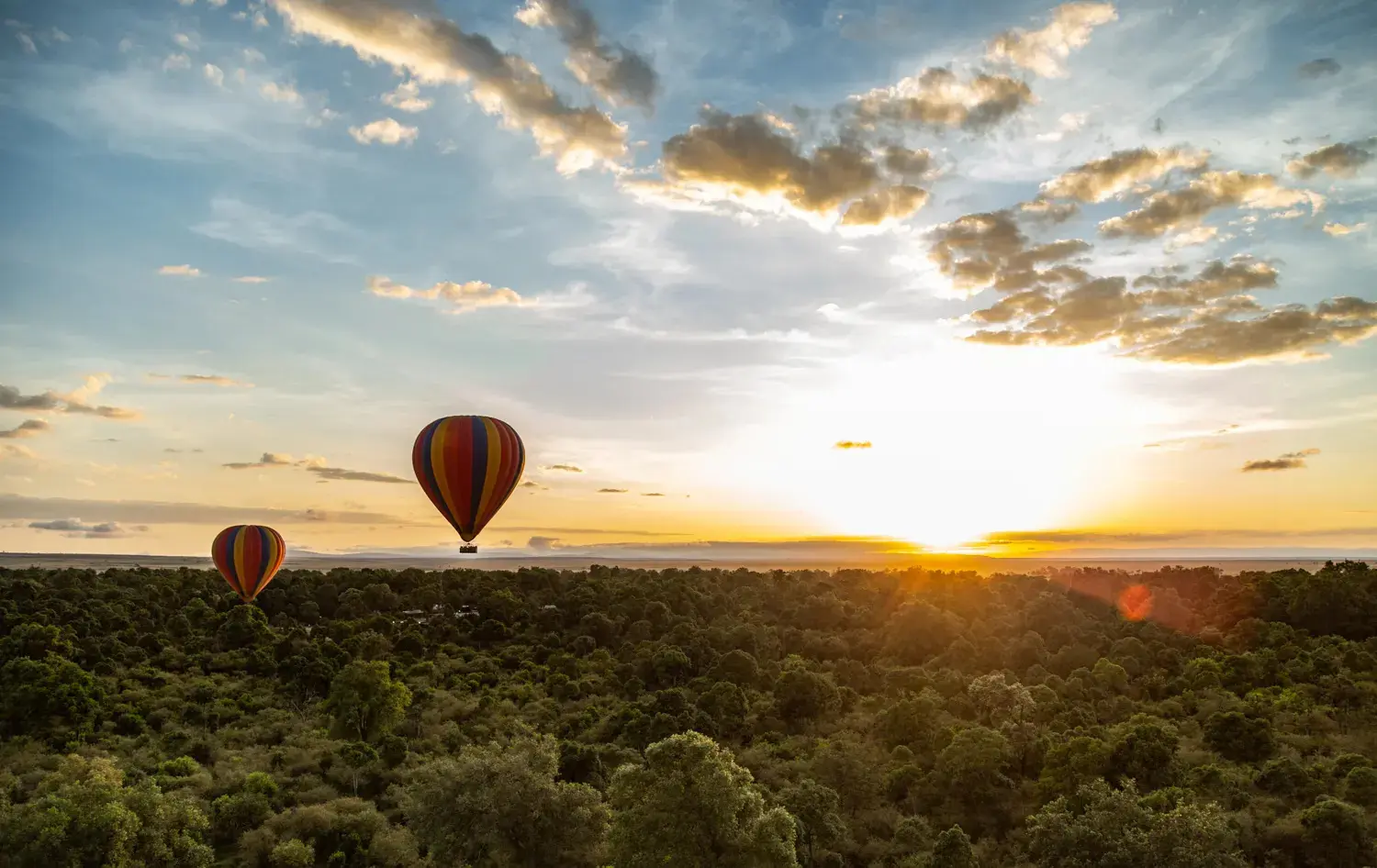
While traditional safaris are a major draw for visitors to Kruger National Park, there are also plenty of exciting adventure activities to enjoy beyond game drives and wildlife spotting.
This section will present several exciting options for those keen to inject an extra dose of adventure into their Kruger National Park experience.
For a truly unique and exhilarating experience, consider taking a hot air balloon ride over Kruger National Park. Hot-air balloons are beyond magical as they offer stunning aerial views of the landscapes and wildlife below.
Hiking enthusiasts will also love the full-day Panorama Hike and Scenic Kruger Park Day Tour, which takes in some of the most breathtaking views on the Panorama Route.
Last but not least, we have river cruises along the Sabie and Crocodile Rivers which provide a relaxing way to explore the park’s waterways. These cruises also offer excellent opportunities for birdwatching and wildlife spotting.
With so many thrilling adventure activities on offer, including a visit to the breathtaking Blyde River Canyon, Kruger National Park truly has something for everyone.
Summary
In conclusion, Kruger National Park offers an unforgettable experience for travelers from all walks of life. With its diverse ecosystems, incredible wildlife, rich cultural heritage, and range of activities and accommodations, there’s something in the park for everyone to enjoy. Whether you’re embarking on a once-in-a-lifetime safari adventure, seeking an immersive cultural experience, or simply looking for a unique and exhilarating getaway, Kruger National Park is a must-visit destination.
Frequently Asked Questions
We answer all your Kruger related questions.
How much is a safari in Kruger National Park?
A 3-day Kruger safari with African Budget Safaris costs between US\$ 160 and US\$ 400 per person per day, while a 7-day safari ranges from US\$ 274 to US\$ 360 per person per day.
What is the best safari in Kruger National Park?
For the best safari experience in Kruger National Park, visiting the Kapama, Karongwe, Klaserie, Manyeleti, Thornybush or Timbavati reserves is recommended. With its diverse array of wildlife, Kruger National Park is a top-notch safari destination.
How many days do you need in Kruger safari?
For a truly immersive Kruger safari experience, we recommend at least two days, but ideally five days, to appreciate the diversity of the park. This will give you the opportunity for 10 game drives and the chance to combine traditional vehicle safaris with walking safaris too.
What is the best time of year for Kruger National Park safari?
The dry season from May to October is widely considered the best time of year for a safari at Kruger National Park. Vegetation is sparse and animals congregate at permanent water sources, making them easier to spot. There is also virtually no rainfall during this period, adding to the rewarding experience of a safari in the Kruger.
What is the best month to visit Kruger National Park?
For an unforgettable safari experience, the best month to visit Kruger National Park is between May and October during the dry season for optimal game viewing conditions.

